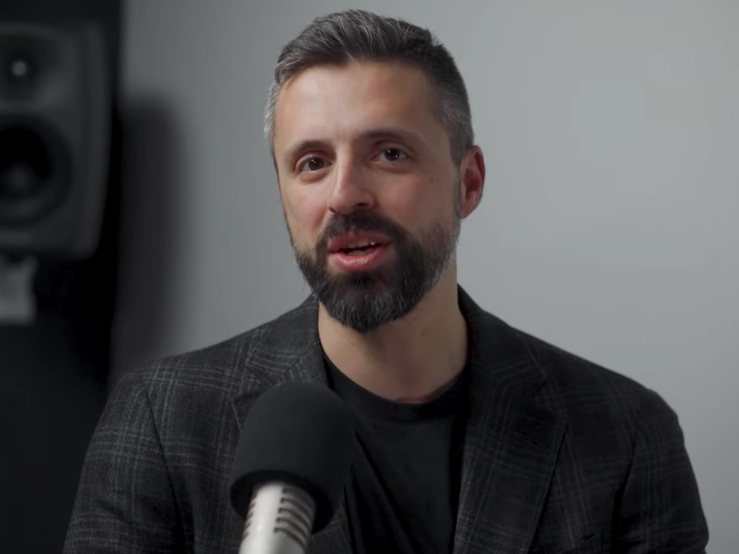The Scoop
In the wake of their loss to now-President Donald Trump, Democrats are increasingly seeking out answers from prominent figures in the media.
Last week, Axios reported that New York Times columnist and popular podcaster Ezra Klein was going to brief Democratic senators off the record at their annual retreat as the party seeks a path forward. Klein’s new book, Abundance — a policy manifesto that argues how restrictive governance has failed to improve infrastructure and reduce inequality — has become essential reading for Democrats as they grapple with their 2024 postmortem.
It wasn’t the first time since Trump’s victory that Democrats have turned to left-leaning pundits in the media for answers. At a donor retreat earlier this year hosted by the Democratic group American Bridge, a group of media figures mixed with donors, pollsters, historians, and political strategists to discuss the path forward.
Per a copy of the schedule shared with Semafor, MSNBC’s Joe Scarborough was listed as a speaker at the event to discuss media, as was former anchor Katie Phang. Popular Substacker Matt Yglesias also spoke on a panel titled “How to Stop Losing the Culture Wars (and Campaigns).” Tim Miller moderated a panel with James Carville, as did his Bulwark colleague Bill Kristol. The New York Times reported earlier this year that Substackers Heather Cox Richardson and Jen Rubin were also in attendance.
Know More
With their party out of power in the White House and in the minority in Congress, Democrats have spent much of the last several months probing potential ways to detoxify their image with independent voters — or at least reinvigorate their own supporters and bring some who have strayed from the party back into the fold. Some of these efforts have involved radically rethinking the party’s media strategies, often with the help and guidance of prominent media figures. As Semafor first reported earlier this year, the political news influencer Brian Tyler Cohen held off-the-record briefings with Democratic senators earlier this year on best practices for short-form social video.
It’s a shift from Joe Biden’s presidency, during which the White House and many members of the Democratic party did not embrace new media and criticized cable news figures and members of legacy media institutions for not doing enough to speak out against Trump.


